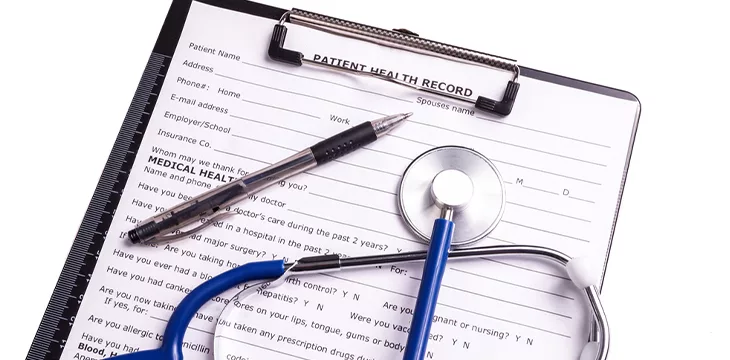A UK survey by the Times Health Commission found that ‘patient passports’, which allow people to share their medical data with doctors, nurses and pharmacies, are hugely popular.
It’s no secret that the UK’s National Health Service (NHS) system is outdated and in dire need of change. Patient Passport creates an all-in-one source of digital records.
A separate YouGov poll found that 81% of Britons support digital health accounts and 89% support allowing patients to automatically access their data.
Patient passports are thought to reduce bureaucracy and empower patients. Similar systems already exist in Spain, Singapore, Estonia, Denmark and Israel.
Patient passports would be better for a scalable public. enterprise blockchain
Patient passports will bring much-needed change to the NHS system, but the database it brings must be a scalable public enterprise blockchain. Blockchain-based systems offer three key benefits: increased security, improved records management and the creation of a new data marketplace for funding the NHS.
In terms of security, blockchain timestamps and logs all events that occur on the blockchain, including new data entry and old data accessed. This creates a completely secure system for the most sensitive data imaginable: medical records.
Applications like Sentinel Node demonstrate how blockchain technology can secure file systems. Snapshots of the system are taken and recorded on the blockchain to notify system administrators in case of unauthorized file changes or system breaches.
However, there are additional benefits to storing a fingerprint of your data on the blockchain itself. Blockchain is inherently a decentralized database, leaving no central ‘honeypot’ for attackers to break into. Combined with blockchain’s advanced encryption algorithms, such as BSV, the security of UK medical records will be further enhanced.
A revolution in records management
Blockchain can also make life easier when it comes to record management. Centralized databases can be breached and altered as records can be accessed, updated and even deleted without leaving a trace, but such things are not possible in a blockchain-based system.
All updates are time-stamped and recorded on the ledger, so there is no doubt about what happened and when. Updating your records is as easy as making a new entry in the ledger, and all records are cryptographically signed by your GP or approved private practitioner.
Even better, medical records can be linked to a person’s broader blockchain-based identity. Check out this article to learn more about building an identity system on top of the original Bitcoin system and its benefits.
New revenue for the NHS
If better record management and increased security aren’t enough, the NHS could also benefit from increased funding by storing patient records on blockchain.
Small payments could be made if researchers access patient records (with permission), with profits split between the NHS and patients.
If data were the new oil, the NHS would have one of the largest untapped reservoirs on the planet. Currently, it cannot be easily monetized due to privacy and security concerns. Anonymizing records on a blockchain, showing only relevant data without leaking confidential information, could open up a whole new revenue stream for the cash-strapped National Health Service.
In any case, the popular patient passport would be much better if the database from which the records are pulled were decentralized, encrypted, protected, and verifiably accurate. The BSV blockchain could be just such a solution.
WATCH: Identity and privacy come to Bitcoin. Here’s how:
Are you new to blockchain? To learn more about blockchain technology, check out CoinGeek’s Blockchain for Beginners section, our ultimate resource guide.


